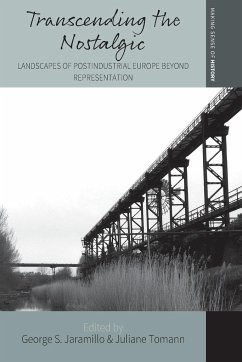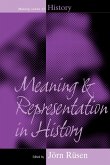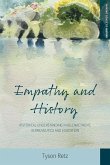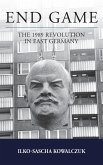Even as the global economy of the twenty-first century continues its dramatic and unpredictable transformations, the landscapes it leaves in its wake bear the indelible marks of their industrial past. Whether in the form of abandoned physical structures, displaced populations, or ecological impacts, they persist in memory and lived experience across the developed world. This collection explores the affective and "more-than-representational" dimensions of post-industrial landscapes, including narratives, practices, social formations, and other phenomena. Focusing on case studies from across Europe, it examines both the objective and the subjective aspects of societies that, increasingly, produce fewer things and employ fewer workers.








